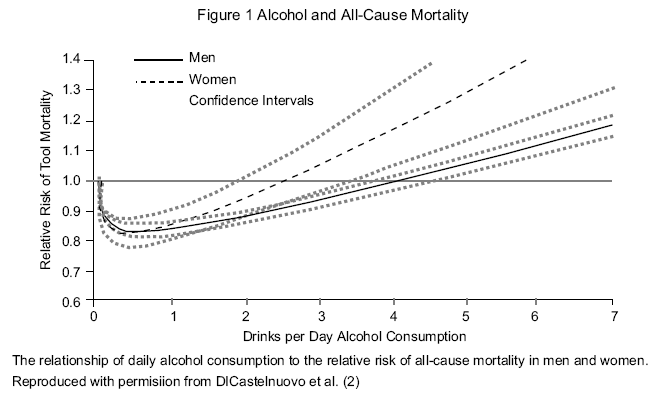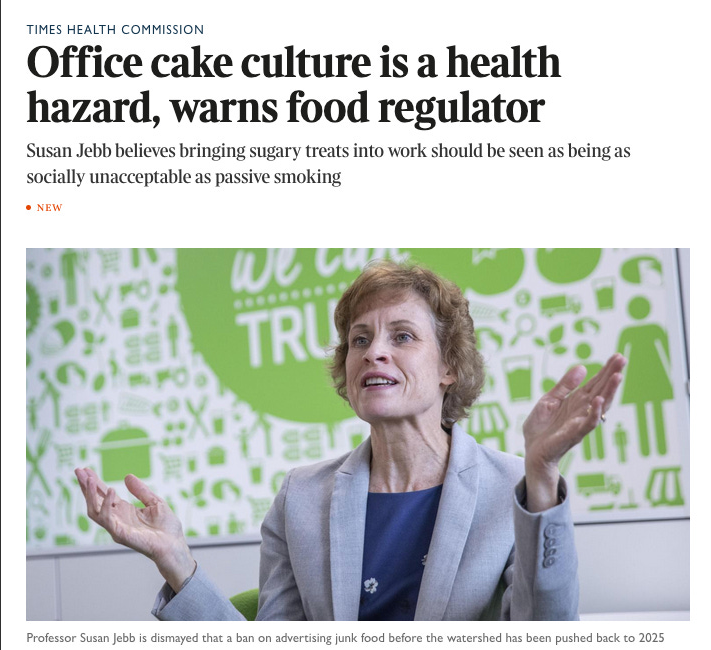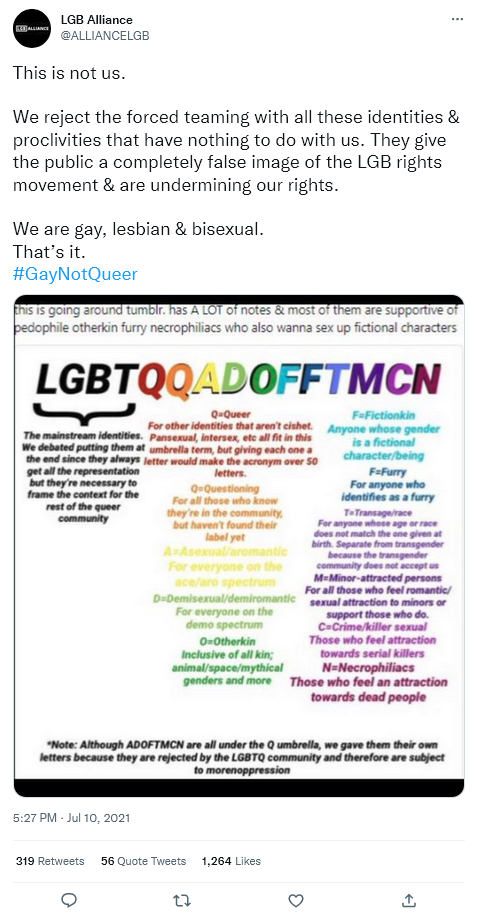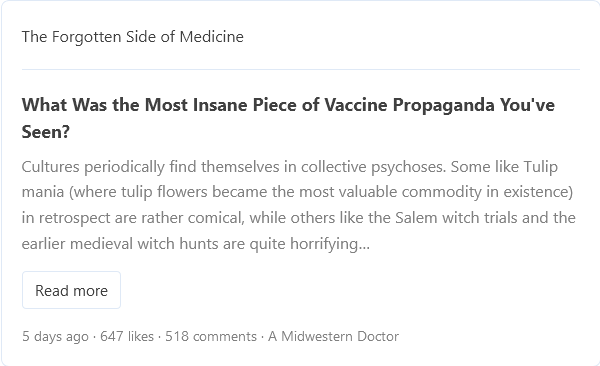As posted the other day, Matt Gurney’s dispiriting experiences on an ordinary ride on the TTC are perhaps leading indicators of much wider issues in all of western society:

“Toronto subway new train” by BeyondDC is licensed under CC BY-NC-ND 2.0 .
Caveats abound. Toronto is, relatively speaking, still a safe city. The TTC moves many millions of people a week; a large percentage of whom are not being knifed, shot or burnt alive. And so on. We at The Line also suspect that whatever is happening in Toronto isn’t happening only in Toronto, but Toronto’s scale (and the huge scope of the TTC specifically) might be gathering in one place a series of incidents that would be reported as unconnected random crimes in any other city. A few muggings in Montreal or Winnipeg above the usual baseline for such crimes won’t fit the media’s love of patterns as much as a similar number of incidents on a streetcar or subway line.
Fair enough, duly noted, and all that jazz.
But what is happening out there?
Your Line editors have theories, and we’ve never hesitated to share them before: we think the pandemic has driven a portion of the population bonkers. We’d go further and say that we think it has left all of us, every last one, less stable, less patient, less calm and less empathetic. For the vast majority of us, this will manifest itself in many unpleasant but ultimately harmless ways. We’ll be more short-tempered. Less jovial at a party. Less patient with strangers, or even with loved ones. Maybe a bit more reclusive.
But what about the relatively small majority of us that were, pre-2020, already on the edge of deeper, more serious problems? What about those who were already experiencing mental-health issues, or living on the edge of real, grinding poverty?
It’s not like the overall societal situation has really improved, right? COVID-19 itself killed tens of thousands, and took a physical toll on many more, but we all suffered the stress and fear not just of the plague, but of the steps taken to mitigate it. (Lockdowns may have been necessary early in the pandemic, but they were never fun or easy, and that societal bill may be coming due.) Since COVID began to abate, rather than a chance to chill out, we’ve had convoys, a war, renewed plausible risk of nuclear war, and now a punishing period of inflation and interest-rate hikes that are putting many into real financial distress. We are coping with all of this while still processing our COVID-era stress and anxiety.
The timing isn’t great, is what we’re saying.
And on the other side of the coin, basically all our societal institutions that we’d turn to to cope with these issues — hospitals, social services, homeless shelters, police forces, private charities, even personal or family support networks — are fried. Just maxed out. We have financial, supply chain and, most critically, human-resource deficits everywhere. The people we have left on the job are exhausted and at their wits’ end.
This leaves us, on balance, less able to handle challenges than we were in 2020, due to literal exhaustion of both institutions and individuals. Meanwhile, against the backdrop of this erosion of our capacity, our challenges have all gotten worse!
It’s not hard to do the mental math on this, friends. It seems to us that in 2020, the policy of Canadian governments from coast to coast to coast, and at every level, was to basically keep a lid on problems like crime, homelessness, housing prices and shortages, mental health and health-care system dysfunction, and probably others we could add. One politician might put a bit more emphasis on some of these issues than others, in line with their partisan priors, but overall, the pre-2020 status quo in Canada was pretty good, and our political class, writ large, basically self-identified as guardians of that status quo, while maybe tinkering a bit at the margins (and declaring themselves progressive heroes for the trouble of the tinkering).
But then COVID-19 happens, and all our problems get worse. And all our ways of dealing with those problems get less effective. It doesn’t have to be by much. Just enough to bend all those flatlined (or maybe slightly improving) trendlines down. Instead of homelessness being kind of frozen in place in the big cities, it starts getting worse, bit at a time, month after month. The mental-health-care and homeless shelter systems that weren’t really doing a great job in 2020, but were more or less keeping big crises at a manageable level, started seeing a few more people fall through the cracks each month, month after month. Those people are just gone, baby, gone.
The health-care system that used to function well enough to keep people reasonably content, if not happy, locks up, and waitlists balloon, and soon we can’t even get kids needed surgeries on time.
The housing shortage goes insane, and prices somehow survive the pandemic basically untouched.
The court system locks up, meaning more and more violent criminals get bail and then re-offend, even killing cops when they should be behind bars.
None of these swings were dramatic. They were all just enough to set us on a course to this, a moment in time where the problems have had years to compound themselves and are now compounding each other.
Here’s the rub, folks. The Line doesn’t believe or accept that any of the problems we face today, alone or in combination, are automatically fatal. We can fix them all. But we need leaders, including both elected officials and bureaucrats, who fundamentally see themselves as problem fixers, and who understand right down deep in their bones that that is what their jobs are, and that they are no longer what they’ve been able to be for generations: hands-off middle managers of stable prosperity.




















